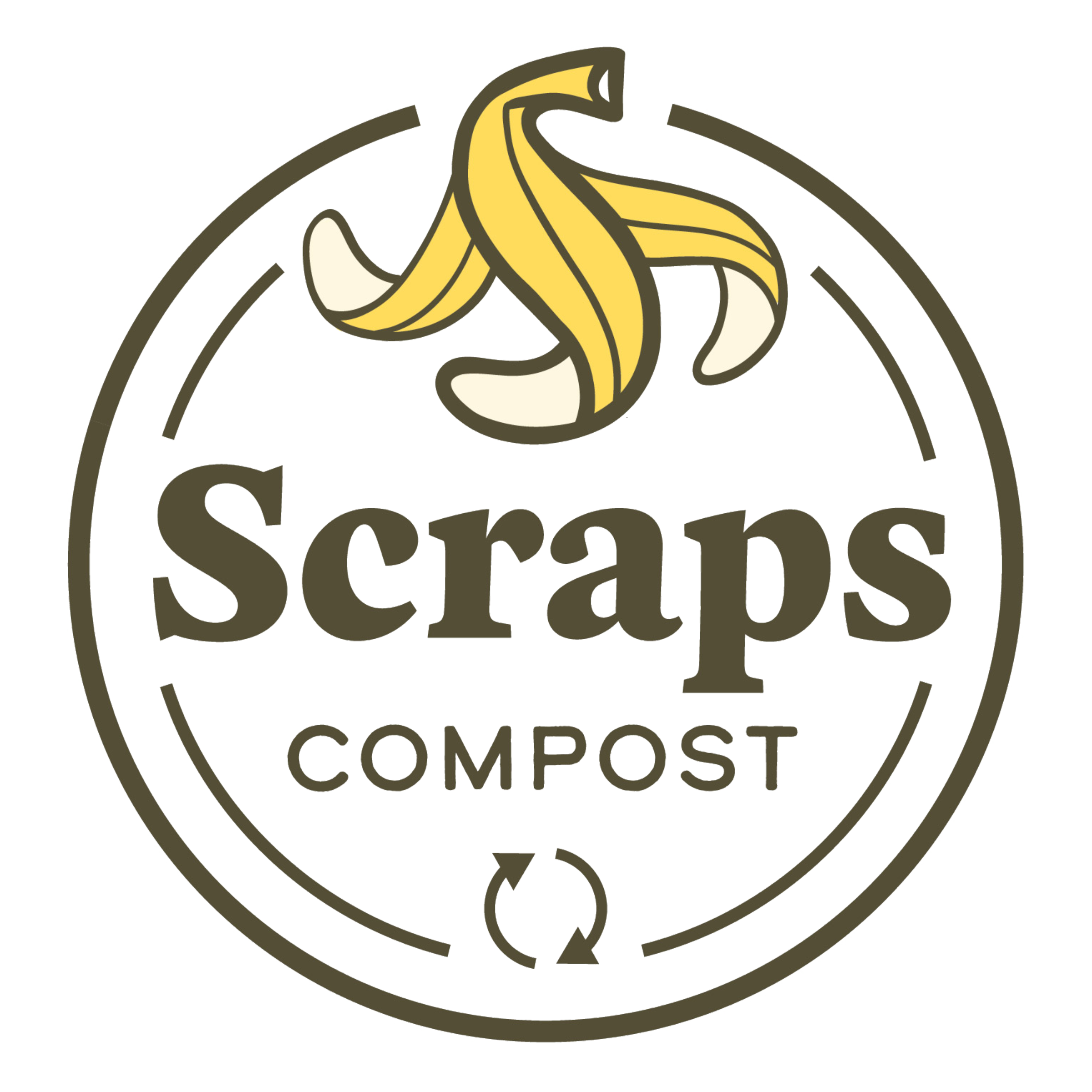Food Recycling and Composting in Winston-Salem, North Carolina
In recent years, Winston-Salem, North Carolina, has been at the forefront of sustainability initiatives, and food composting is one method that is becoming more and more popular with locals who care about the environment. This environmentally friendly program offers other advantages beyond waste reduction, making it an important part of the city’s commitment to a greener future.
Waste Reduction and Diversion: Winston-Salem can dramatically lower its waste footprint by composting food waste. Currently, food scraps make up a sizable amount of landfill garbage, which increases greenhouse gas emissions and harms the ecosystem. Residents who compost organic waste, such as leftover fruit and vegetable scraps, coffee grinds, and eggshells, keep it out of landfills where it would decompose and create dangerous methane gas. Instead, these resources support a circular economy and improve soil quality.
Improved Soil Health: Compost is a nutrient-rich organic fertilizer that enriches the soil by adding necessary components, which is advantageous for Winston-Salem’s neighborhood gardens, farms, and open areas. Compost provides the soil with essential nutrients as it decomposes, improves soil structure, and increases water retention, lowering the need for irrigation and chemical fertilizers. The end consequence is a more robust ecology, better plants, and higher crop yields.
Water conservation: a significant issue on a global scale, and one that affects Winston-Salem as well. Composting makes soil more porous, which improves its ability to hold onto water. By increasing water-holding capacity, plants are more likely to survive dry spells and require less irrigation. Composting thus significantly contributes to water resource conservation and the reduction of drought’s negative effects on local agriculture and landscapes.
Composting food promotes a sense of community and a sense of shared environmental responsibility. Composting projects can involve community gardens, companies, and local residents working together to build a network of people who value sustainability. These cooperative initiatives increase public knowledge of environmental issues, give local communities more influence, and fortify the city’s will to address environmental problems as a whole.
Economic Benefits: Composting not only lowers the city’s costs associated with garbage disposal, but also creates business opportunities for nearby establishments. Sales of compost to nurseries, landscapers, and farmers can provide income and aid in the development of a sustainable economy. Food composting also helps farms and gardeners save money while boosting the local economy by lowering the demand for artificial fertilizers and pesticides.
Composting is a potent weapon in the arsenal of those fighting climate change. Organic waste releases methane, a powerful greenhouse gas, when it breaks down in landfills without access to oxygen. Residents of Winston-Salem can immediately lower methane emissions and their carbon footprint by composting their food leftovers. Together, these grassroots initiatives can significantly contribute to the fight against climate change.
In conclusion, food composting in Winston-Salem, North Carolina, is a transformative step toward creating a sustainable and resilient community. It goes beyond simple trash management. Residents actively contribute to waste reduction, soil improvement, water conservation, community building, and economic growth by adopting composting, and they also play a critical part in reducing climate change. Winston-Salem provides a motivating example for towns around the country with their commitment to this eco-friendly effort by demonstrating the ability of small deeds to forge a more socially and environmentally conscious neighborhood.

